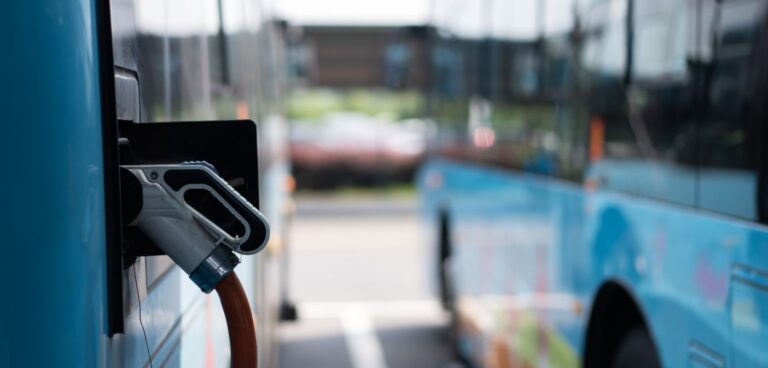Smaller bus and coach operators will play a key role in achieving the government’s greenhouse gas emissions reduction goals and in delivering Low Emission Zones, according to Tom Greenshields, head of business development at Wrightbus.
Speaking to the Association of Local Bus Managers (ALBUM), Greenshields explained that smaller operators are overlooked but are “absolutely vital” to reducing emissions from buses.
“Larger city-based operators are under a lot of pressure to develop zero-emission options due to emissions levels. But when you think that between them, ALBUM’s 150-plus members operate 6,040 buses – which equates to about 15% of the 40,000 buses used by local operators across Great Britain – it is clear how much of an impact they can have,” Greenshields explained.
“At Wrightbus, we’re able to offer help to operators of all sizes not only with their fleets, but with telemetry, consultation on route optimisation and the installation of zero-emission support infrastructure at depots,” he added.
The bus manufacturer recently revealed plans to double its output next year, increasing production of its zero-emission fleet to 70%. Wrightbus’s zero-emissions options include the world’s first hydrogen double decker bus, the Streetdeck Hydroliner, along with the fastest-charging EV double decker on the market, the Electroliner.





